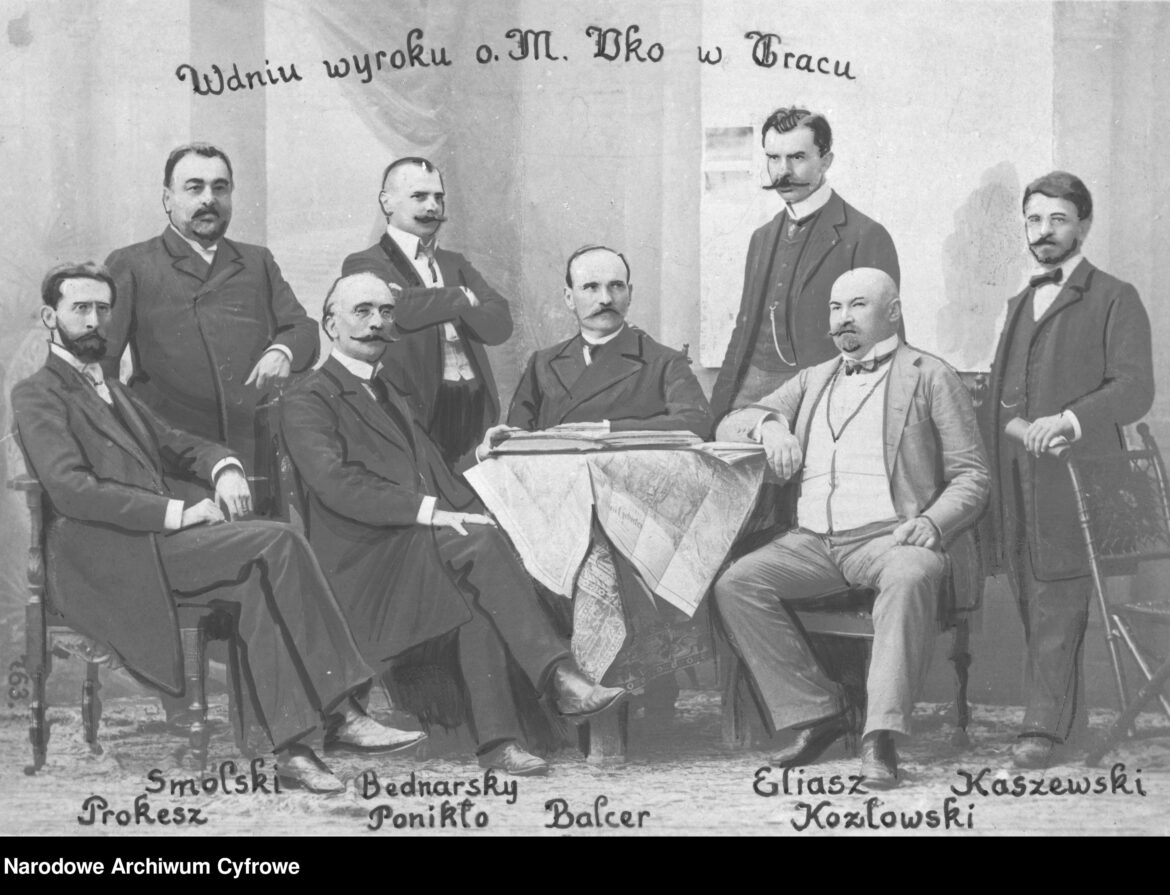Zakopane, the capital city of the highest mountain range in the Carpathian Mountains, has for decades remained one of the favourite destinations of Poles and foreign tourists. It is difficult to imagine the Polish Tatras without the figure of Count Władysław Zamoyski (1853-1924). From 1889, he owned about one-third of the Tatra area, which made the “Zakopane State”, as he called his property, part of the future Polish state.
The fashion for the mountains began in the second half of the 19th century. After doctors and scientists, the mountains attracted the interest of artists. Along with the admiration, anxiety appeared about the future of these areas divided between three private owners, about their nationality and about the ruthlessly exploited nature. The pillaging of old-growth forests was a problem that affected not only the Tatra Mountains. As the Polish press alarmed, the practice of new owners taking over vast forest complexes for industrial purposes also took place in the lands of the Russian partition.
The idea of repurchasing the Tatra Mountains was raised among the Polish elite. The opportunity to acquire about a third of the mountain area occurred in May 1889 when Władysław Zamoyski became interested in the issue. Acting on the recommendation of Zamoyski, who did not disclose himself, the lawyer Józef Retinger won a fierce auction. Then, for a dozen years or so, the barrister also waged a successful legal battle over Morskie Oko and Dolina Rybiego Potoku. Interestingly, this dispute was between both private owners and – countries (at the time of its settlement in 1902, the parties were Prince Christian Hohenlohe vs Władysław Zamoyski and Hungary vs Galicia, which belonged to the Austro-Hungarian monarchy). The conflict had a very long history, dating back to the 16th century.
In his Podhale estates, Zamoyski tried to develop an economic and social life, investing in schools, infrastructure (e.g. railway), and organising branches of the “Sokół” Gymnastic Society. He bequeathed his vast estate to the Polish nation.





